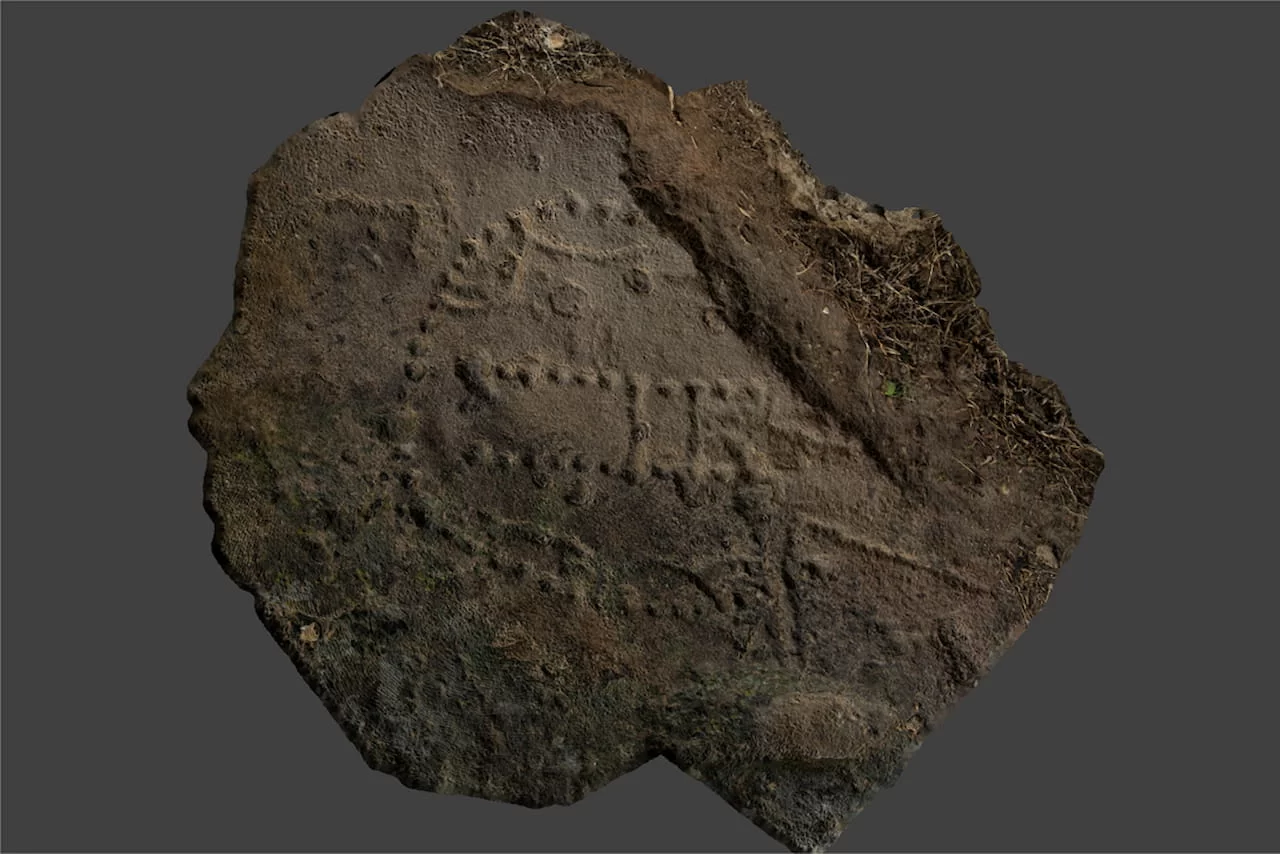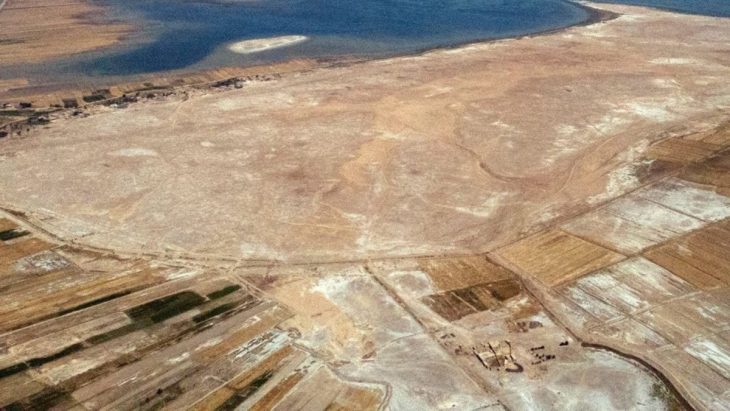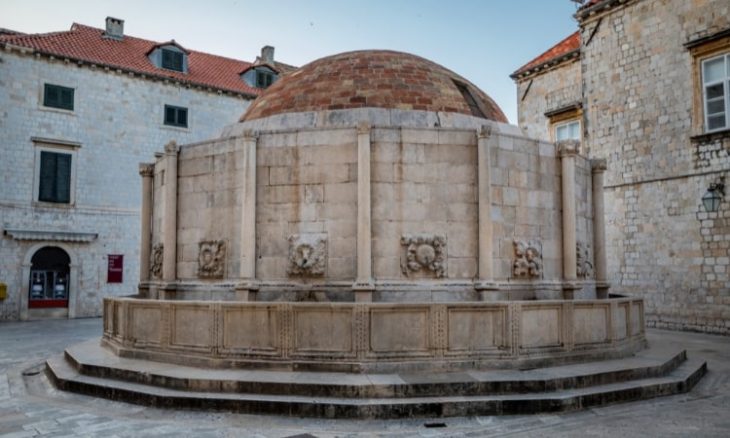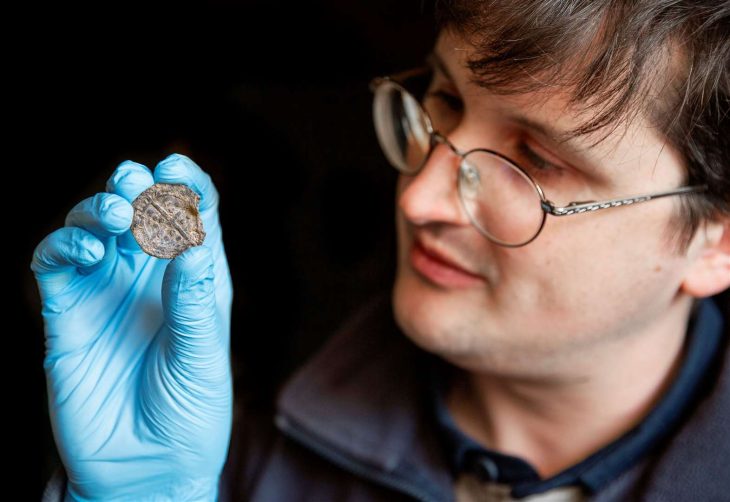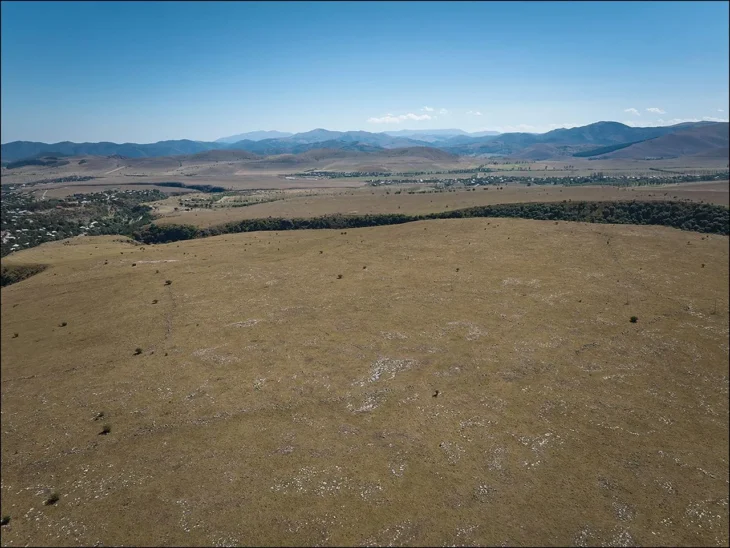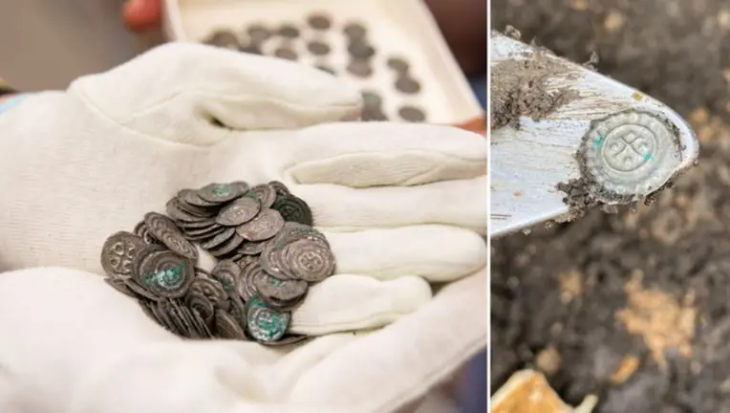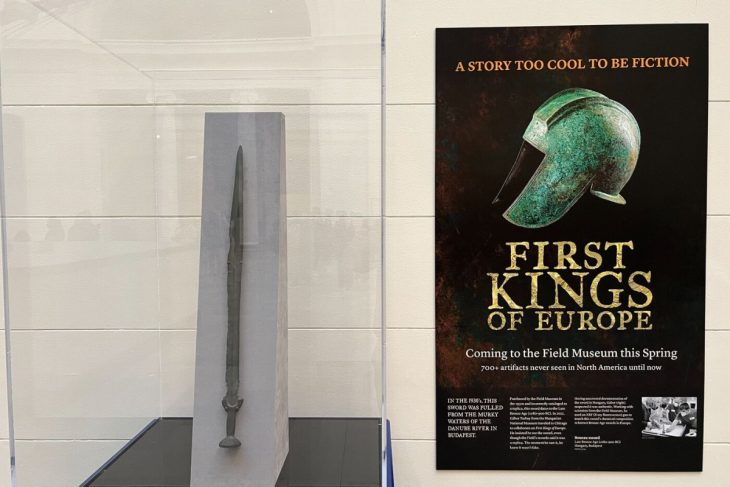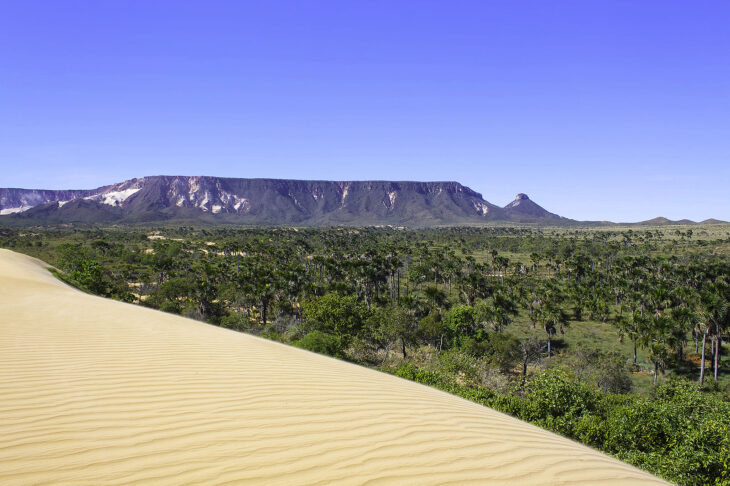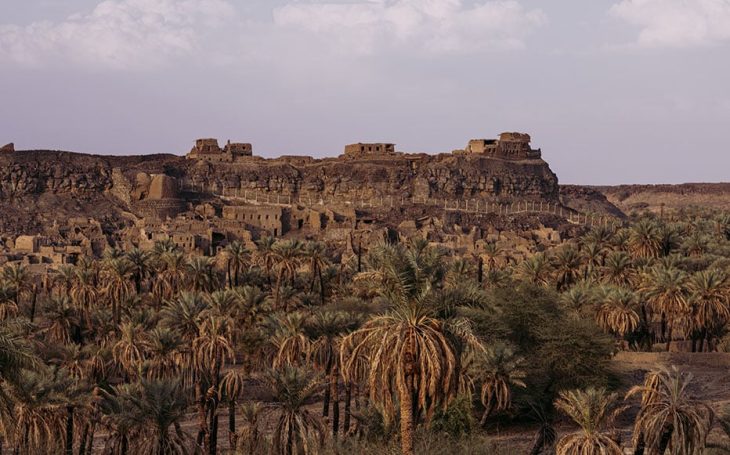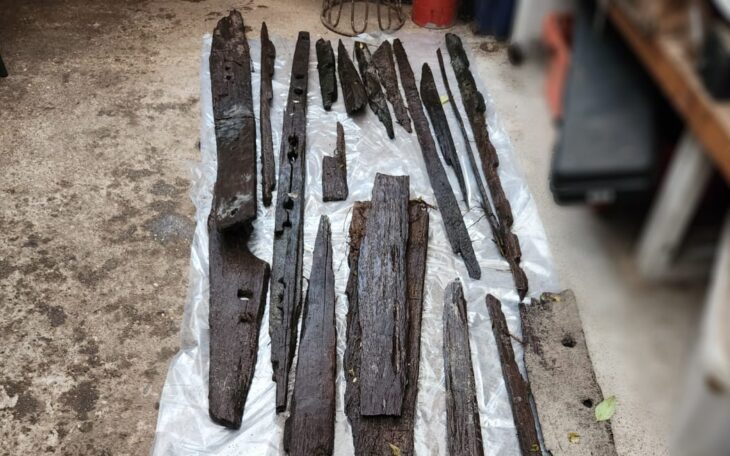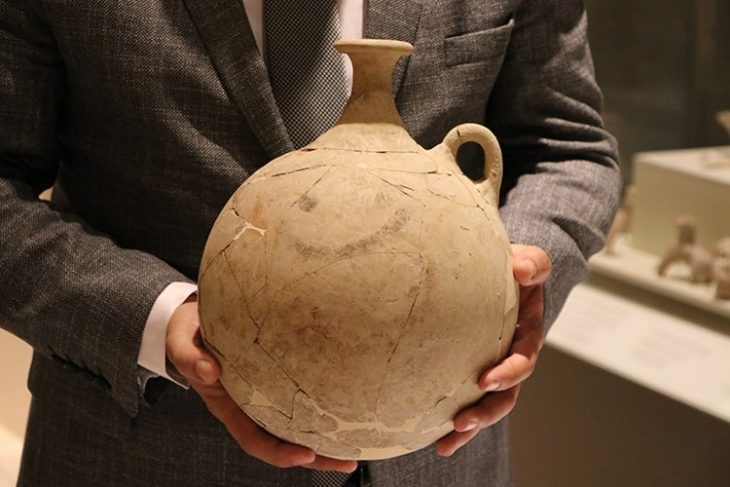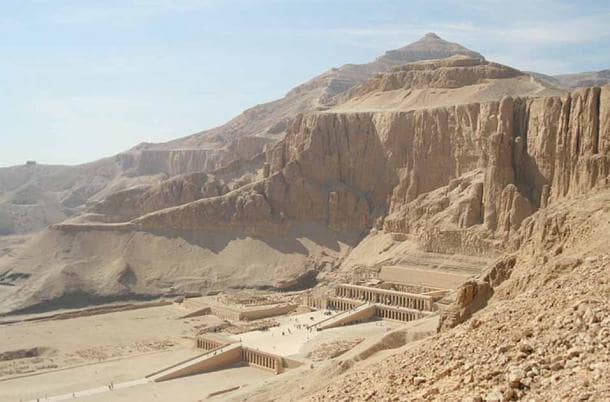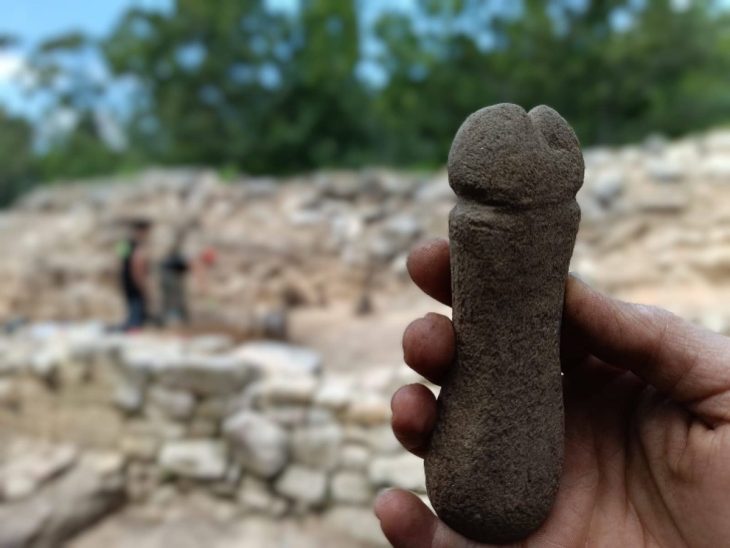A new archaeological study revealed that an ancient board of a game, known as “Hounds and Jackals” or the “Game of 58 Holes”, found in 2018 on the Absheron peninsula in present-day Azerbaijan, is the oldest known.
For a long time, most have believed that the oldest board games originated in ancient Egypt. That presumption has been contested by a recent study, though. Analyzing board games found on Azerbaijan’s Absheron Peninsula indicates that they might have originated in Asia rather than Egypt.
The study is published in the European Journal of Archaeology. Traditional interpretations hold that the board game originated in ancient Egypt in the second millennium BCE, but evidence from recent excavations suggests that the game was also played in the South Caucasus during this time, casting doubt on this theory.
Sometimes called “hounds and jackals” due to some gaming pieces having animal heads carved into them, 58 Holes was played for centuries, from the middle of the Bronze Age and into the Iron Age. The game was played on a board with fifty-eight holes arranged in two parallel rows of ten holes each, encircled by an arc of thirty-eight holes, and dates back to the third millennium B.C. The shapes of the game pieces varied with the region, and they moved in this pattern. Certain holes had lines connecting or marking them, indicating intricate game rules.
In the tomb of el-Asasif in Egypt, the earliest known discovery of a board of this type dates from between 2064 and 1952 B.C. Because of this discovery and other boards discovered in Mesopotamia, the Levant, and Anatolia, archaeologists have speculated that the game may have originated in Egypt or southwest Asia.
Another example of an early board was found in Stratum II at Kültepe in central Anatolia which probably dates from around 1885 to 1836 BCE.
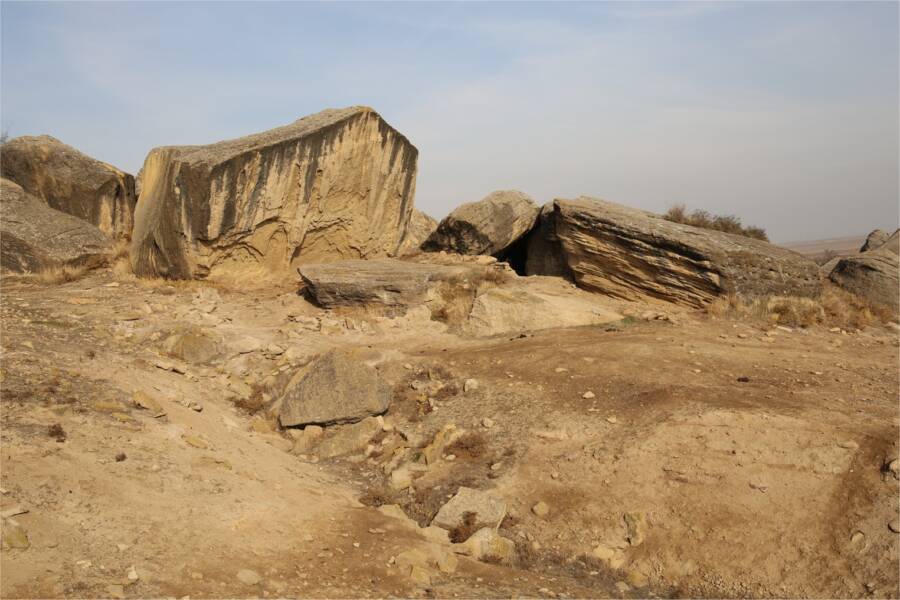
“Six patterns with the distinctive geometry of the game” were found by researchers at several locations throughout the Absheron Peninsula. The best example of these was discovered in the Gobustan National Reserve, close to the western shore of the Caspian Sea, at a rock shelter known as Çapmalı.
By studying the site, researchers determined that the “game pattern on stone… can be associated with the shelter’s earliest, Middle Bronze Age, layer.”
According to the study, there is evidence from Azerbaijan that people played the game during the late third to early second millennium BCE, long before it appeared in Egypt. Moreover, it seems those who did play it also participated in regional interactions that ranged across southwestern Asia at the time.
“The diversity of the fifty-eight holes board in south-western Asia—as well as its early appearance and longevity there—offers a stronger case for an origin further north than Egypt,” the authors explain.
“Rendered as a series of shallow depressions, with narrow channels connecting certain holes, the pattern closely resembles boards found in south-western Asia and Egypt,” write Walter Crist and Rahman Abdullayev.
Other examples of the game were found at sites in Ağdaşdüzü, Yeni Türkan, and Dübəndi.
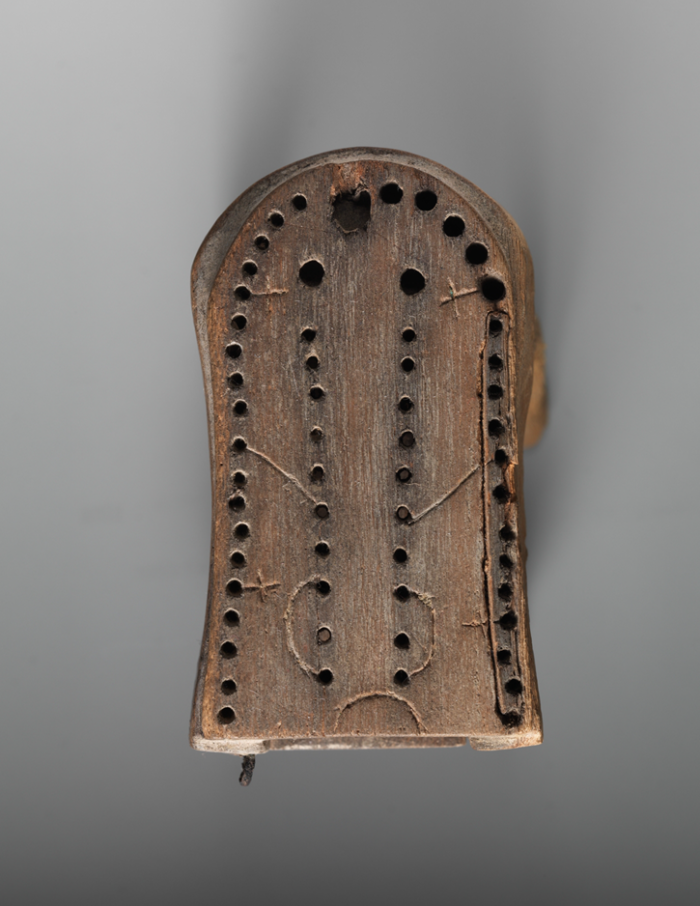
The arrangement of the boards at sites like Çapmalı indicates that the game might have been an integral part of daily life, possibly used during the winter months when shepherds settled in shelters like Gobustan.
This theory is supported by the analysis of the pottery discovered at these locations, which points to the seasonal occupation of these areas by pastoral communities. Along with older artifacts from the Middle and Late Bronze Ages, the discoveries include ceramic fragments from the Khojaly-Gadabay culture, which date from the 13th to the 7th century B.C. The combination of these materials suggests that the Çapmalı site and others in the area were occupied over and over for centuries, maybe by the same groups of people who had similar cultural traditions.
These results imply that the Absheron Peninsula was not isolated, but rather a part of a larger cultural network that linked the peoples of the Caucasus with civilizations to the south, including Mesopotamia and Egypt.
Although their work suggests 58 Holes may have originated in southwestern Asia before it became popular in Egypt, the authors stress that more information would be needed before any individual culture could be credited with its invention.
Cover Image: The fifty-eight holes board from Çapmalı. Image Credit: W. Crist et al.

